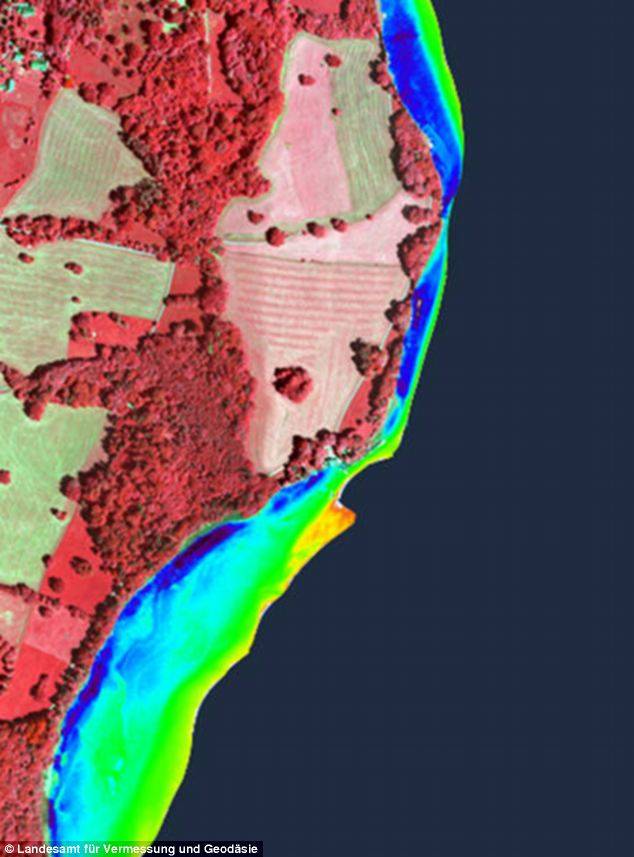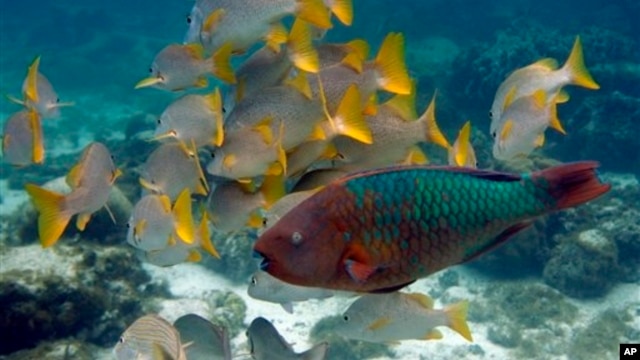- Sep 14, 2011
- 63,947
- 9,979
- 2,040
http://www.dailymail.co.uk/sciencetech/article-2383231/The-psychedelic-aerial-satellite-photo-shows-effect-climate-change-underwater-plants-SPACE.html?ico=sciencetech^headlines

More for the uneducated, non-thinking dummies to deny and ignore.
-Currently, divers have to make visual inspections to spot invading plants such as western waterweed that flourishes due to changing temperatures
-Scientists of Technische Universität München have written software than can spot invading plants from space
-The German researchers measure reflectance of various plant species that reflect light in different ways to glean information about climate change
At first glance, this psychedelic satellite image looks like an alien landscape - but scientists say it and others like it could actually hold the key to accurately measuring the effect of climate change.
German researchers have developed a new technique using bright colours to show the spread of aquatic plants in lakes, and say it reveals a key indicator of the effect of climate change - and can be used to quickly analyse satellite images from around the globe.
Currently, divers have to make visual inspections to spot invading plants which flourish due to changing temperatures.

More for the uneducated, non-thinking dummies to deny and ignore.





